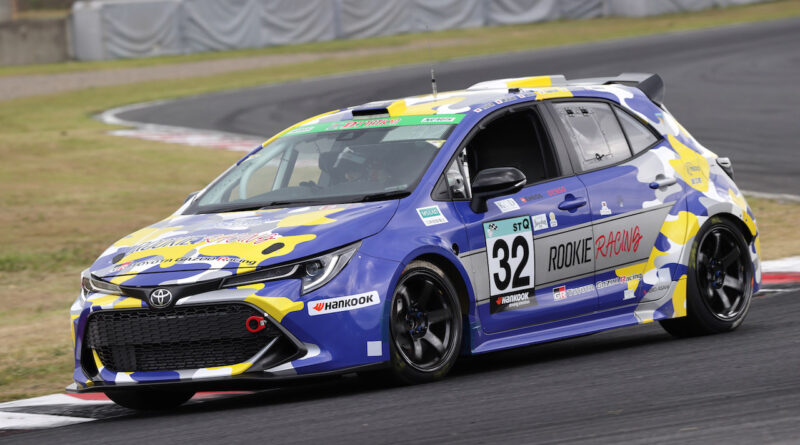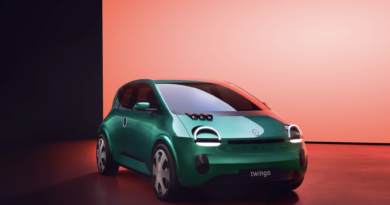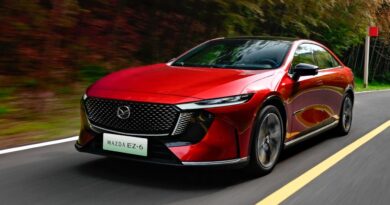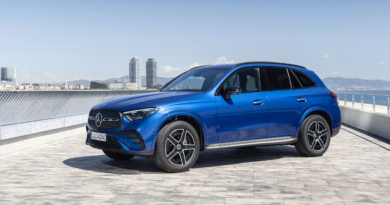A new ICE age? Toyota leads hydrogen campaign
Toyota has corralled other members of the Japanese auto industry in a bid to extend the life of the internal combustion engine beyond the petrol and diesel era.
Mazda and Subaru – in which much larger Toyota has an ownership share – and motorcycle makers Kawasaki and Yamaha have banded together to develop hydrogen as an emissions free fuel for ICE powertrains.
If successful, the project would present an alternate zero emissions vehicle alternative to the battery electric vehicles that currently dominate production and hydrogen fuel cells.
HYDROGEN FUEL CELL: Toyota Mirai FCEV review
READ MORE: Water tight: Hydrogen Nexo could be the start of big H2 things
The initiative was announced last weekend at Okayama International Circuit in western Japan, where Toyota and Yamaha entered a Toyota Corolla with a hydrogen-fuelled internal combustion engine in the two three-hour endurance races that comprised the final round of the Super Taikyu series.
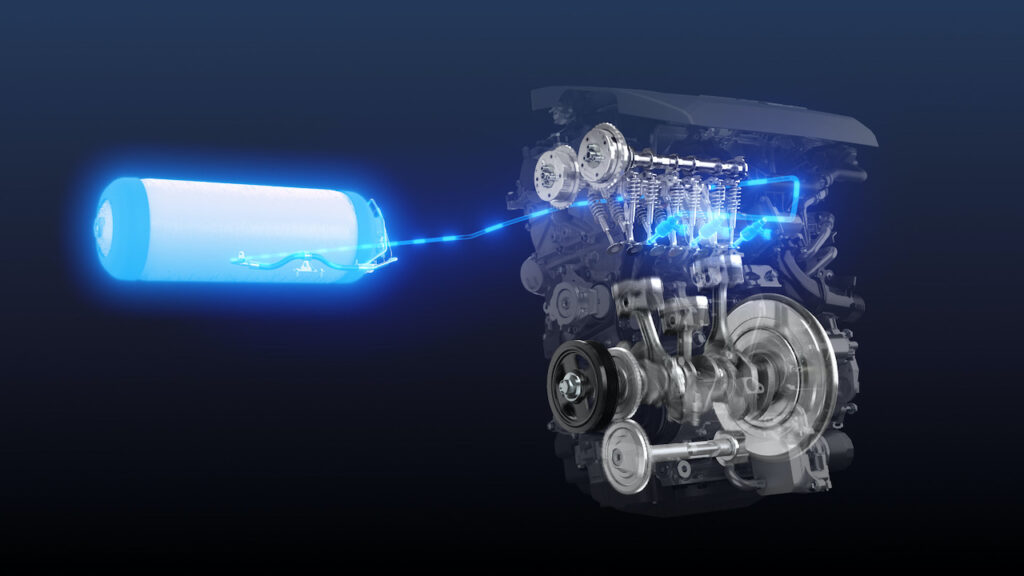
The car’s driving line-up included Toyota global boss Akio Toyoda.
Toyoda said the companies want to increase their options towards achieving carbon neutrality by demonstrating their emerging technologies in the field of motorsports.
“The enemy is carbon, it’s not internal combustion engines,” Toyoda said at a press conference via an interpreter. “We are not going to fix ourselves into one option only.
“We want to use the foundation of the accumulated technology capabilities and even for ICE we want to utilise it … to achieve carbon neutrality and to develop it further so it can contribute.”
Toyoda admitted work was still required to establish whether hydrogen-fuelled ICE would be affordable, sustainable and practical.
One issue is efficiency. Internal combustion engines by their nature produce heat, which means less energy going into moving the car. Estimates suggest only 30-40 percent of the energy in the hydrogen goes into moving the car. Hydrogen fuel cells aren’t perfect either, but with around 60 percent efficiency it’s arguably a better way to use hydrogen.
It’s not surprising Toyoda is pushing this project as he has long been a battery electric vehicle sceptic. Toyota is only now rolling out its first BEV, the bZ4X.
Toyoda made the point continuing ICE production would secure the future of automotive suppliers who would lose out if BEVs become the only powertrain option.
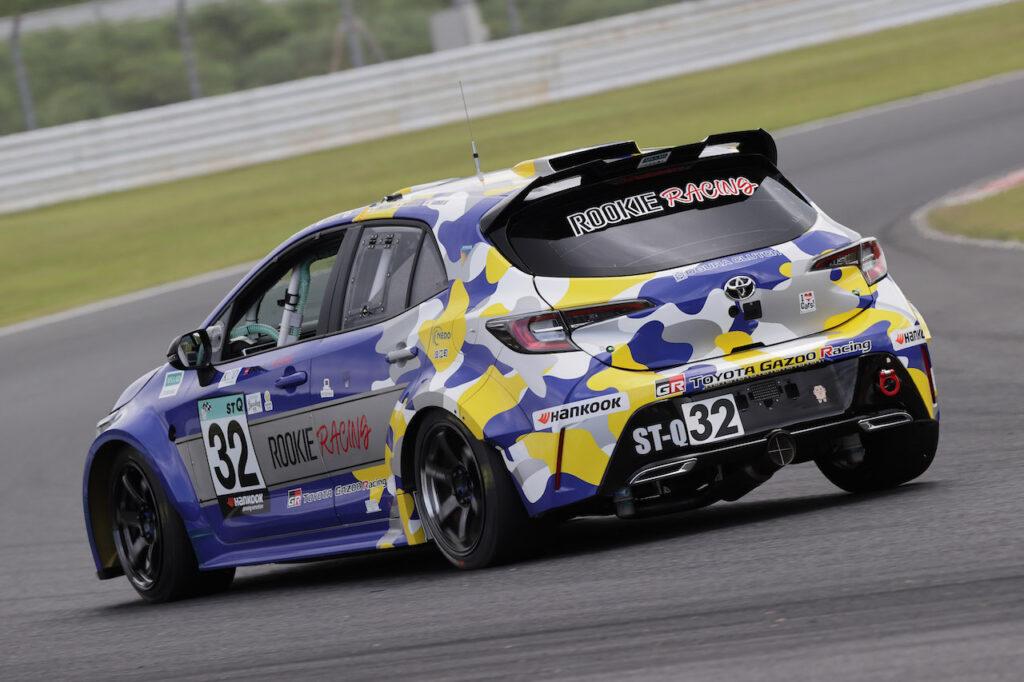
“We are trying to invest pro-actively in diverse options and we are creating job opportunities,” Toyoda said.
The Corolla’s hydrogen engine is based on the 200kW 1.6-litre turbo engine in the production GR Yaris.
It was achieving approximately 10 per cent less power at its first race in May this year but Toyota, Yamaha and Denso co-development (the latter working on the critical hydrogen injectors) throughout the Super Taikyu series has resulted in output parity.
Hydrogen refuelling time has also been more than halved, from four minutes 30 seconds in the first round to one minute 50 seconds at Okayama.
Except for the combustion of tiny amounts of engine oil during driving, which is also the case with petrol engines, hydrogen engines emit zero CO2 when in use.
The Corolla racer’s hydrogen is produced using renewable energy refined from sewage biogas. It was even transported to the circuit in a tanker using biodiesel.
Mazda and Subaru are assisting Toyota with the development of other carbon-neutral fuels for racing including biodiesel and biomass derived synthetic fuel.
Yamaha and Kawasaki are “initiating consideration of the possibility of joint research for hydrogen engine development for vehicles and motorcycles”.

